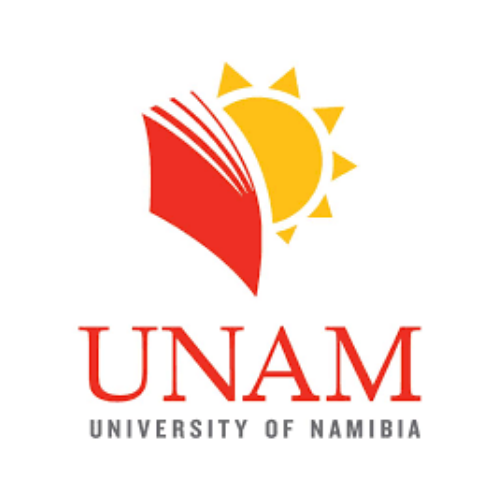University of Namibia Home

Background
The University of Namibia was established by an Act of Parliament, on 31 August 1992. The institution is headed by a Chancellor, which is a titular position, and therefore not directly involved in the day to day running of the institution. The Vice Chancellorship functions as Chief Executive Officer of the University and reports directly to the University Council. The UNAM Council is the highest decision making body of the University.
Through its core business of teaching, research, innovation and community service, UNAM remains a major contributor to the economic, social and cultural development of the country. Through varied activities, UNAM serves multiple citizens worldwide by building links with industry, employers, schools and government agencies.
More than 30 000 students are enrolled at the university, making UNAM the biggest tertiary institution in the country. These numbers are complemented by about 2 200 staff, across all campuses. The ever-growing international footprint of UNAM continues to show promise, with more international students enrolled annually.
UNIVERSITY OF NAMIBIA’S MANDATE
To provide higher education, undertake research, advance and disseminate knowledge, provide extension services, encourage the growth and nurturing of cultural expressions within the context of the Namibian society, to further training and continuing education, contribute to the social and economic development of Namibia, and to foster relationships with any person or institution both nationally and internationally – University of Namibia Act of 1992 (Act 18 of 1992)
MISSION STATEMENT
To contribute to the achievement of national and international development goals through the pursuit of translational research, quality training and innovation.
VISION
To be a sustainable international hub of excellence in higher education, training, research and innovation by 2030.
CORE VALUES
The following core values define our code of conduct, behaviour, ethics guidelines, interactions and decision-making (hiring, promotion, relationships building, etc.).
PROFESSIONALISM
A commitment to and dedication in relations with other people, and competence in the workplace. The key associated behaviours include excellence, effectiveness, ethics, kindness and politeness.
EQUITY
Refers to the fair and impartial treatment of colleagues, customers and stakeholders, regardless of differences. Fairness, patience, tolerance and embracing diversity are the key associated behaviours for equity.
INTEGRITY
Refers to honesty and loyalty in our conduct with others Integrity is associated with key behaviours such as openness, trustworthiness, reliability and dependability.
ACCOUNTABILITY
Due diligence in completing assigned tasks, while also taking responsibility for actions. UNAM identifies accountability with due diligence, transparency, responsibility and commitment as the key associated behaviours.
Sign in to add your comment.
Suggested Pages
Quick Review
Enrollment
22,500
Type
Non-profit
Funding
Public-private partnership
Languages
English
Acceptance rate
55%
Highest Degree
Doctorate
- 2839 of 14,160 in the World
- 51 of 1,103 in Africa
.png)